Masks make people feel safe.
Or something.
Don’t look at us, we just work here.
From el gato malo:
this is the new england journal of medicine arguing that it's about how masks make you feel.
shall we just put "NOW WITH 200% MORE PLACEBO!!!" on the label? pic.twitter.com/Hp2yRsAsST
— el gato malo (@boriquagato) September 21, 2020
That works.
now, hear me out here b/c this might sound a little crazy:
if this sort of fear reduction is such a benefit, did you ever consider, say, "not scaring everyone witless with panic porn, exaggerated risks, and baseless anecdotes"?
an ounce of prevention is worth a pound of cure…
— el gato malo (@boriquagato) September 21, 2020
Imagine if social media and traditional media WEREN’T filled with fear and panic every hour of every day, how much better off we might all be?
people are asking for the link.
here it is:https://t.co/bsNvAQNYGZ
— el gato malo (@boriquagato) September 21, 2020
From the New England Journal of Medicine:
It is also clear that masks serve symbolic roles. Masks are not only tools, they are also talismans that may help increase health care workers’ perceived sense of safety, well-being, and trust in their hospitals. Although such reactions may not be strictly logical, we are all subject to fear and anxiety, especially during times of crisis. One might argue that fear and anxiety are better countered with data and education than with a marginally beneficial mask, particularly in light of the worldwide mask shortage, but it is difficult to get clinicians to hear this message in the heat of the current crisis. Expanded masking protocols’ greatest contribution may be to reduce the transmission of anxiety, over and above whatever role they may play in reducing transmission of Covid-19. The potential value of universal masking in giving health care workers the confidence to absorb and implement the more foundational infection-prevention practices described above may be its greatest contribution.
Recommended
So masks don’t necessarily stop the virus but they make people feel better about it? Are we reading that correctly? Note, they originally said people shouldn’t wear masks but have since their changed minds … we think?
Masks! What a difference two months can make. New science? Nah. https://t.co/0YIXdRKp7u
— Brit Hume (@brithume) September 21, 2020
But science?
Wait.
New science.
Virtue signaling over rules “the science”. It is like wearing a ribbon. Brings attention to oneself, but actually does nothing for the problem.
— RickCAJUN58 (@RCajun58) September 22, 2020
Gov't mandate to wear mask in every public business is endangering us more. I put it on to go in, touch items in business, take it off when I come out and infect mask. Put it back on to go into next business and repeat process. More at risk to wear mask.
— Hank Thomas (@TraderHank44) September 22, 2020
People were touching their faces FAR LESS before the mask mandates.
And there’s this from @washexaminer @kevincorke
?https://t.co/RLbtCohCRP— Suzanne Hoffman (@Winefamilies) September 22, 2020
Saw that.
So which is it?
Masks make me feel, sweaty and not much else more
— BAMA guy81 (@Lvo57) September 21, 2020
HA HA HA HA
True story.
But my neighbor's yard sign says science is real….
— b1joe (@b1joe) September 21, 2020
Heh.
Another day, another debate about masks.
***
Related:

















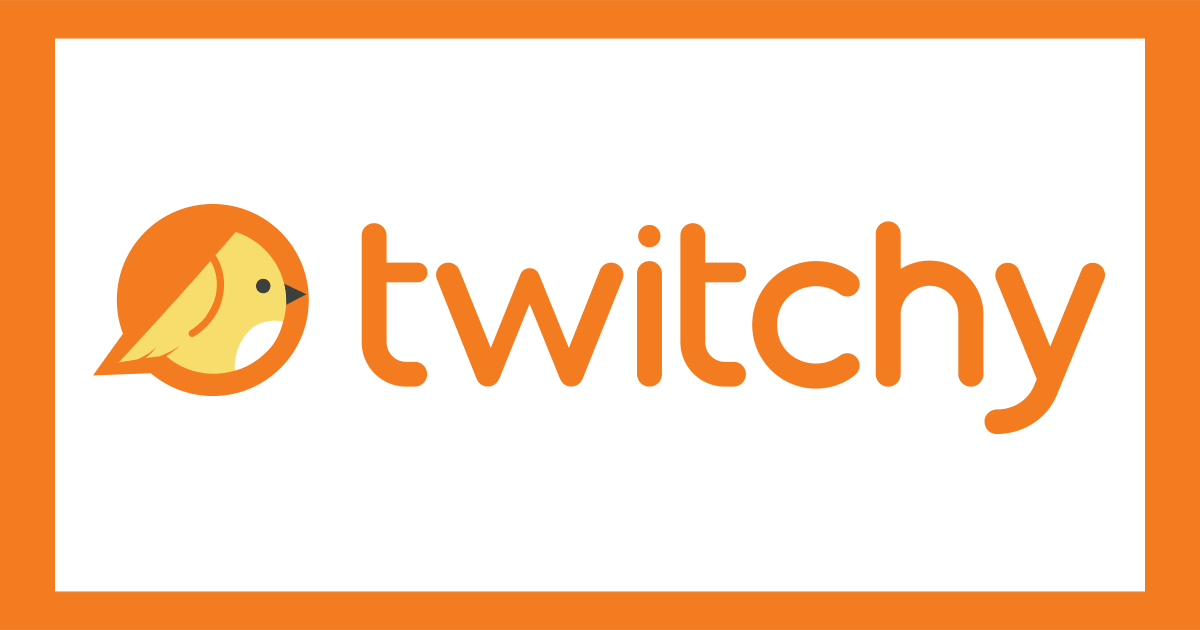
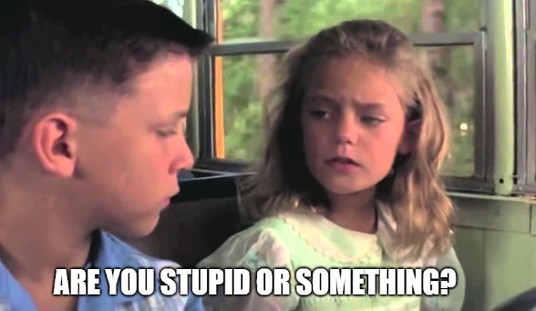
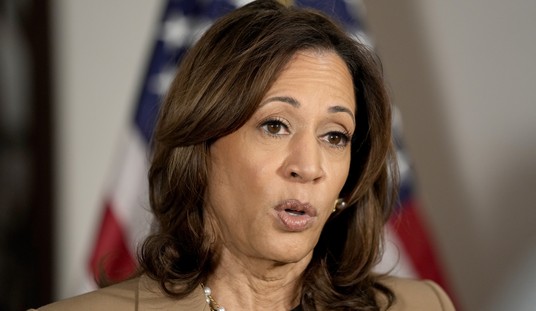
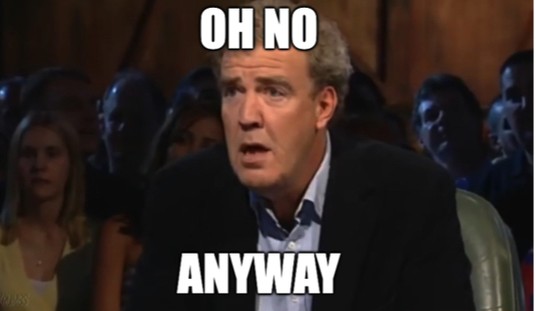

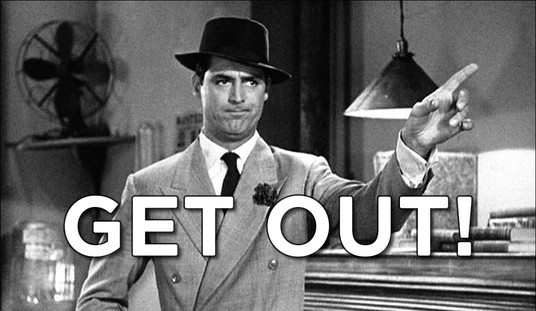
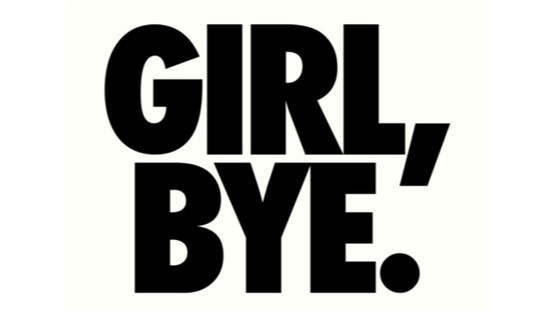

Join the conversation as a VIP Member